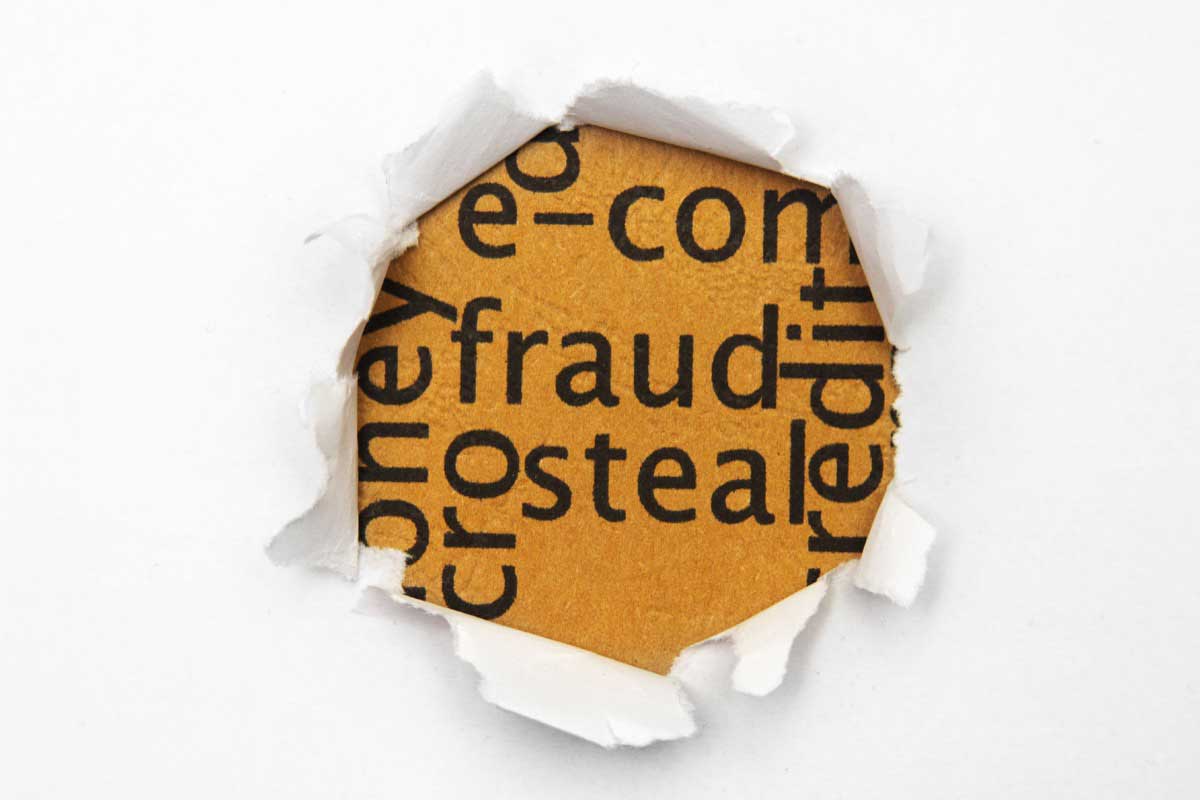What is Check Fraud?
When it comes to finances, we are all very cautious, especially in releasing funds to another person. In this day and age, it is normal to do online bank transactions when releasing funds. Another way is to issue checks when transferring funds or making online payments. But while we benefit from the convenience of this process, we are also placing our finances at risk.
One of the biggest problems of issuing checks is check fraud. When issuing checks, yes you are away from the dangers of theft as you avoid handling cash. But there is a greater risk if you don’t take caution.
Risks of Issuing Checks
This little piece of paper requires strong validation when issued. You will be required to sign personal information on the check. Note that any personal information exposed is a threat. Anybody who sees your information could commit check fraud. The dilemma is, exposing your personal information on the check is a requirement and you don’t have a choice but to comply.
Check Fraud Explained
Check fraud happens in many ways. The most common way is through forgery. This is when someone uses your blank check and mimics your signature to release funds from your checking account. Theft is another way. This is where your checks are stolen and used for fraudulent activities. When information is altered on your check, this type of check fraud is called washing.
Check kiting is another type of check fraud. It usually happens when funds are intended for payments. The thief will use the funds first before the receiving bank collects the money. Another type is paper hanging. This is when someone tries to use checks from a closed account. Arguably the most grave is counterfeiting. This is illegally printing active checks by mimicking information and using them for fraudulent activities.
Preventing Check Fraud
Instead of finding out what to do when check fraud happens, it is better to focus on finding ways to prevent it from happening. Prevention is better than cure, as they always say.
Remember that exposing your information also allows attackers to steal your information. When this happens, check fraud begins. You need to be careful whenever you share your information with anybody. If possible, make issuing checks your last option. If you have other safer ways to release funds, then choose that way.
Safekeeping of your checks should also be top of the mind. The first is to avoid maintaining more than one checkbook. Treat your checkbooks as cash. Bring it with you and have your eyes on it.
Check fraud is something that can be prevented. There is no special formula to do it. This is plain common sense. Avoid exposing your information and your checks, and you’ll be safe.






